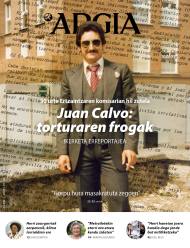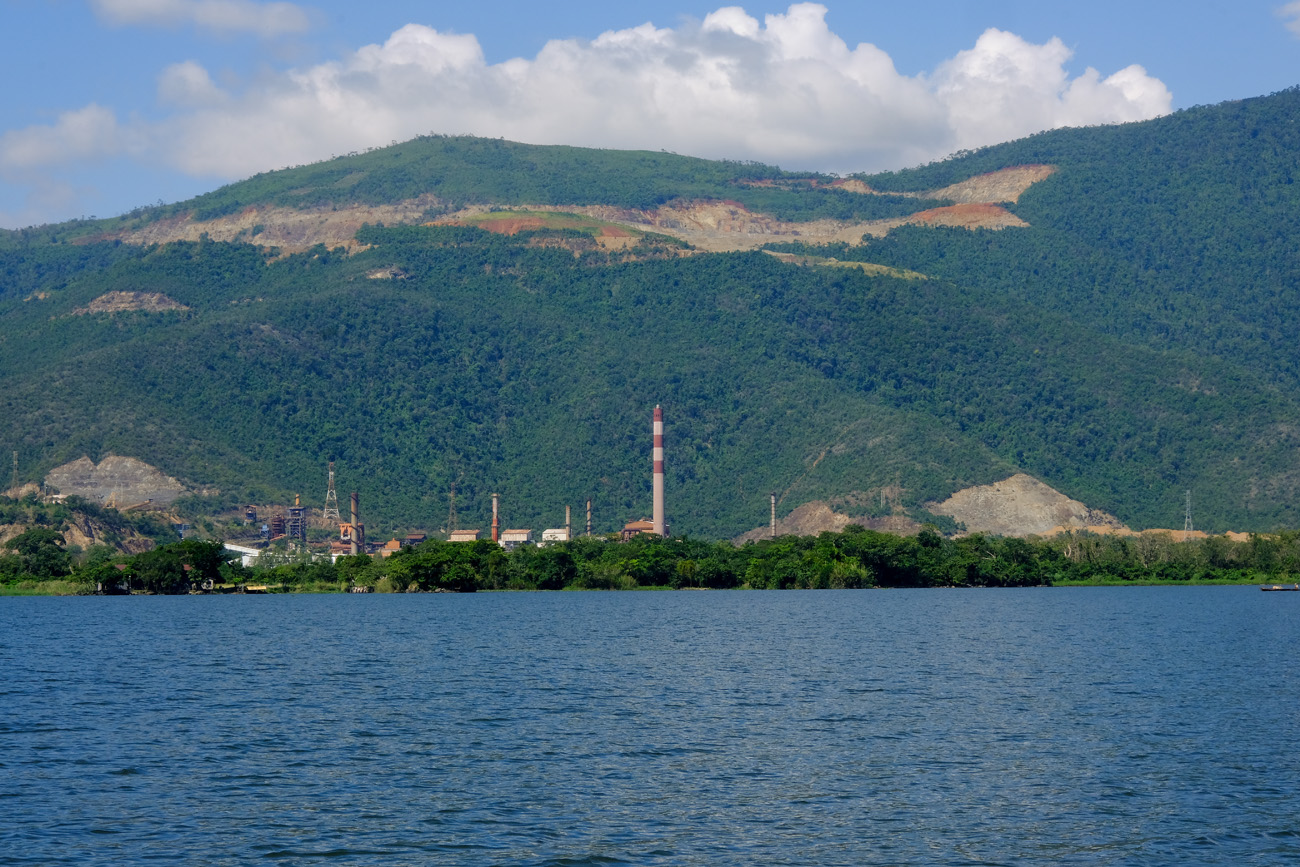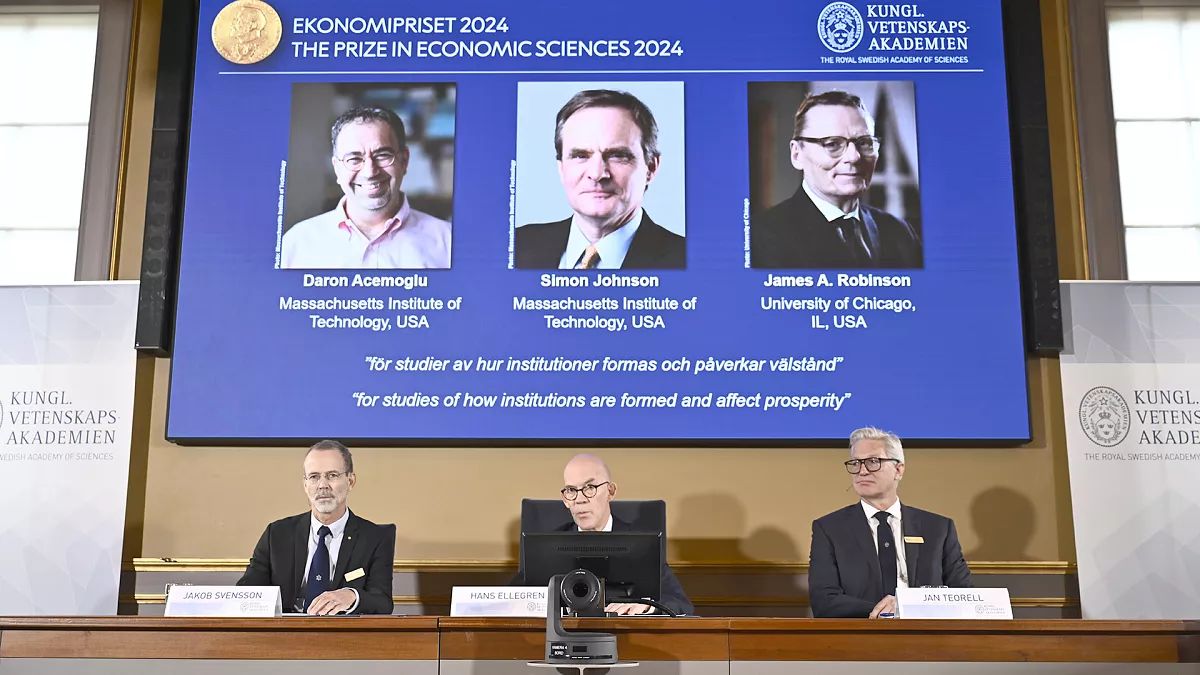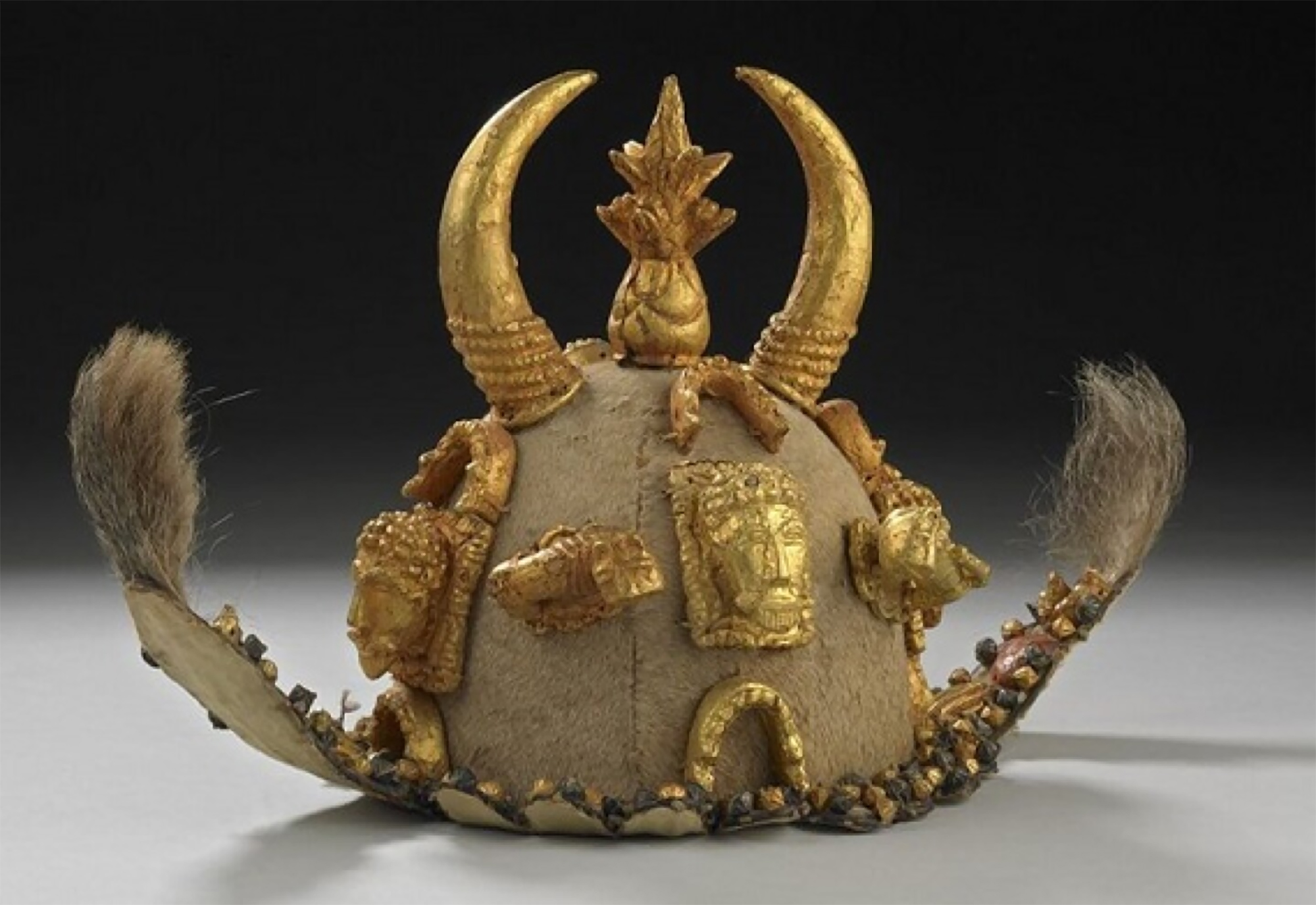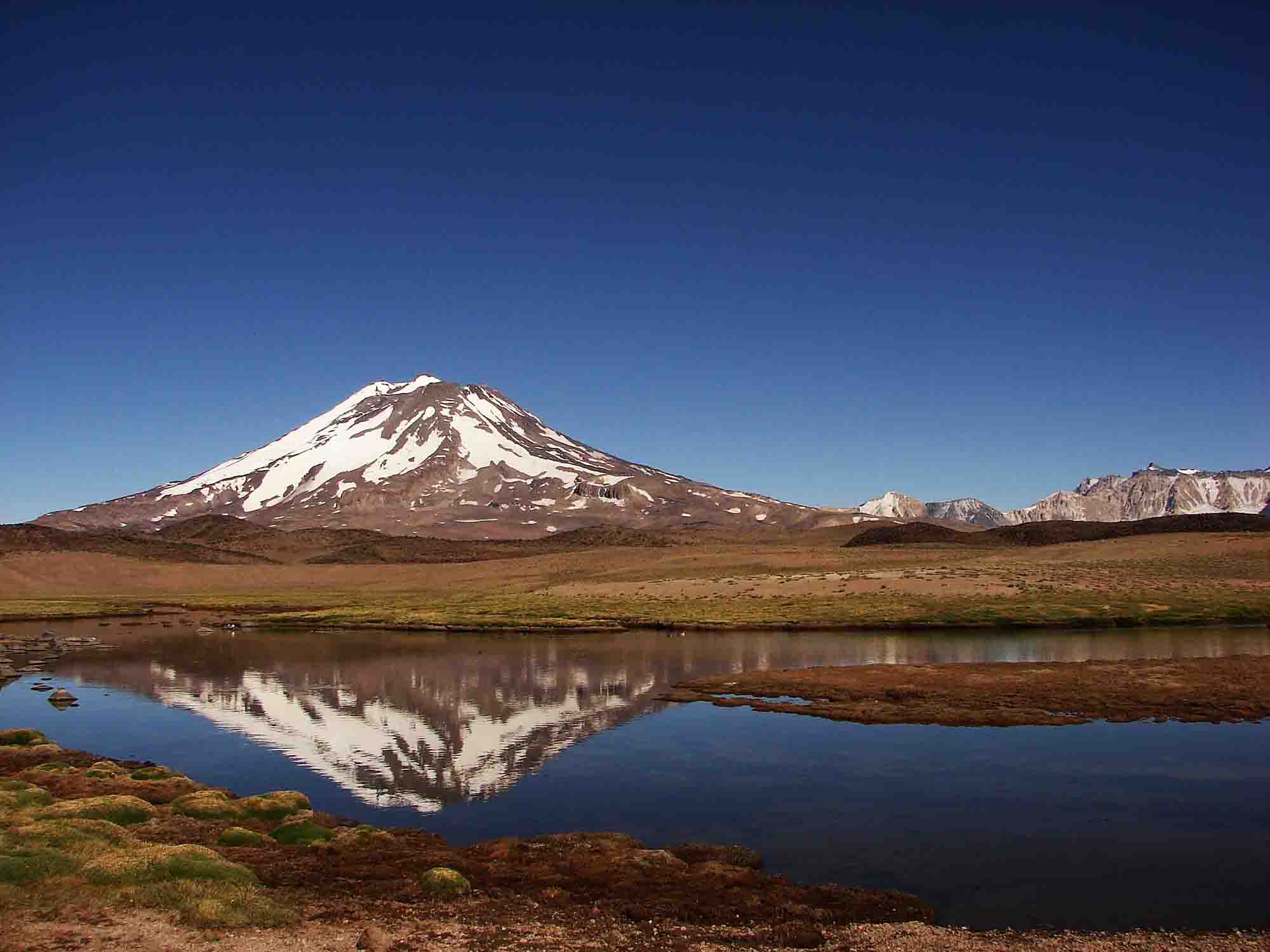The most vulnerable countries will remain indebted to the new financial system
- Over half a hundred representatives of Governments, more significant international financial structures, private enterprises and NGOs have met in Paris on 22 and 23 June to reach a new global financial pact. Assuming that the rules of the game so far are outdated and unfair, and aware of the need to adapt the climate to the context of the emergency, it sought to "reform deeply". This has not happened: in general, in decision-making centres, the poorest peoples should continue to weigh heavily and suffer from decisions taken in their favour.
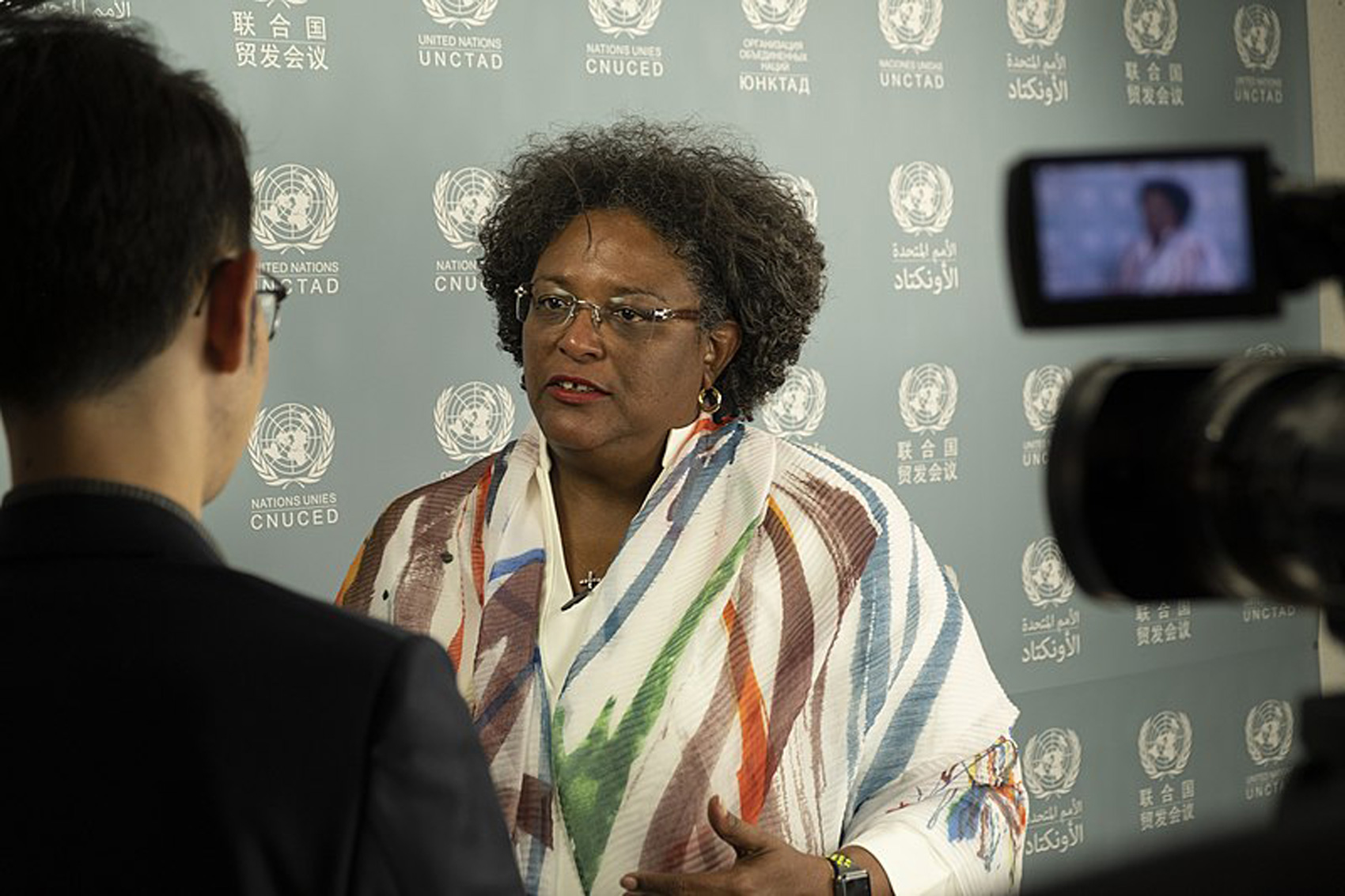
Mia Mottley, Prime Minister of the Caribbean island of Barbados, threatened by climate change, is the promoter of the meeting held in Paris. Mottley is a man who arouses alarm as a group of poor countries in the South of the world, which are beginning to suffer a climate emergency without financial resources to fight it. High, we know they're not the basis of the warming effect. The 58 most vulnerable States, including the island of Barbados, which form the V20 group or Vulnerable Twenty ("The Twenty Vulnerable"), are at the base of 5% of gas emissions. The UN estimates that by 2030 they will need between 140,000 and 300,000 million dollars a year to adapt to climate change and from 2030 between 280,000 and 500.000 million dollars a year. For example, last year’s floods in Pakistan affected 30 million people and officially generated expenditure of $30 billion.
Thus, since 1944, nearly half a hundred representative Governments met to restore the Bretton Woods Treaty, which regulates the global monetary and financial system, the main financial actors (World Bank, International Monetary Fund, unilateral development banks,...), some private companies, climate scientists and various non-governmental organizations. Emmanuel Macrón, French organizing president, announced in his first quote his intention to "radically reform" the financial system. According to Attac, it was the "Greenwashing Summit and climate fraud", and once again, from this international meeting we can conclude that the commitment and change required by the climate, economic, social and financial situation has not been adopted.
Although Mottley expected a "radical change" in the global financial system, that has not happened, maliciously. The set of proposals, called the Bridgetown initiatives, came in handy, but most have not been followed up. This document contains the following proposals: financial contribution from the rich countries to the climate challenge of the poorest; adequacy of debt to the new situation, with interest rates fixed or temporarily cancelled – no reference is made to the cancellation of debt – increased financial intervention by private companies; extension of loan possibilities; changes in the representation of financial institutions to achieve a more balanced representation of the peoples of the South and the North; and of the new fossil mix.
Brazilian President Luiz Inacio da Silva Lula also spoke hard against the current rules of the game: "We cannot talk about climate without looking at social differences. (...) If we do not change institutions, the world will continue to function equally and the rich will be even richer and the poor poorer." Some NGOs also demand institutional transformation: "In order not to repeat the mistakes of the past, the peoples of the South must be better represented, they need a higher voice in financial decisions. Institutions must be decolonized, replaced by transparent and democratic institutions that deny citizens' rights and needs at the centre."
An example of this unbalanced system is the so-called Special Drawing Rights process, which makes it possible to complete States’ money reserves. The poorest countries have received $22 billion and the seven rich states of the G7 $28 billion. In other words, the current system only increases inequalities between peoples, since it distributes these rights according to the wealth of the State. As could not be otherwise, a debt system that keeps the most vulnerable peoples vulnerable. The conditions for loans prepared by both the World Bank and the International Monetary Funds are unfair: if interest rates for the rich countries are low, for the poorest countries they are extremely high (for Canada the World Bank is around 2.7%, for Haiti 13.3% and for Angola 20.1%, for example). For these surpluses and for the new loans received to be able to pay the loan, poor countries in the South have paid 18 times what they owed in 1980. Debt elimination is the question of the poor countries of the South so that, instead of spending money on it, it can be used for the development of public services, the fight against poverty or ecological transition.
Paying debt instead of investing in ecological transition
This was not agreed at the Paris summit. However, they accept the creation of a "disaster clause" in which, in the event of a climate catastrophe, the payment of the debt will be temporarily paralysed in order to preferably allocate the money for damages.
The CADTM group, which is fighting people’s indebtedness, is denouncing that the funding they receive to adapt to climate change and channel the ecological transition are loans, of which 71% are loans, that is, they have to pay interest, further deepening the turbulence of debt. What does that mean? That, although they are not the basis of climate change, they are suffering a disaster and are also channeling money to the major rich countries responsible for the emergency.
The meeting in Paris confirms that they will at last respect the commitment made in 2009, but that it has never been fulfilled: the richest countries will distribute $100 billion each year to the most vulnerable. But as always, that amount will not be used as a result, but as a loan.
Today, the debt of the most vulnerable countries amounts to $9.000,000 billion, which has doubled over the last ten years. CADTM adds: "Debt is the best ally of global warming because it forces developing countries to continue to export, intensive agriculture and stractivism to be able to pay debt in dollars."
In this respect, it is even more worrying to learn that private companies have been asked to intervene in Paris. "Every time we apply a euro from the public, it will be added a euro from the private sphere," says Macron. We know that private companies are focused on the natural resources of the countries of the South, gas, minerals, metals or oil, and we can easily imagine the blackmail and intrigues that insatiable multinationals can do... Climate change will therefore become an enrichment drama for rich countries and multinationals. The most vulnerable in the whirlwind of poverty. Old, therefore, in the new financial system.
The Centre Tricontinental has described the historical resistance of the Congolese in the dossier The Congolese Fight for Their Own Wealth (the Congolese people struggle for their wealth) (July 2024, No. 77). During the colonialism, the panic among the peasants by the Force... [+]
Ghana, 1823. The first war begins between the Ashanti Empire and the British. In total, there were four wars that lasted until 1901. Previously, Europeans controlled the country’s Gold Coast. But the abolition of slavery in 1807 led to the decline of the coastal business and... [+]
The Internet is a territory under debate. These debates affect the future of our democracies and our paths to climate and social and environmental justice. In these struggles, for us to do our job, we need to know the dynamics of the Internet. To better understand a territory, a... [+]
Mali (2020), Guinea (2021), Burkina Faso (2022) Niger (2023) and now Christmas. Each State has its own socio-political reality, and the Western view cannot make generalities. Every coup has its peculiarities and reasons, because Africa is vast and each people has its own... [+]
Since the twentieth century we have come out with a grave fear of words. We did not go further into naming things, everything is circumvolution, metaphor and euphemism as if we tried to alleviate the harsh reality: Elkano did not share the dream of the king of Portugal and from... [+]









